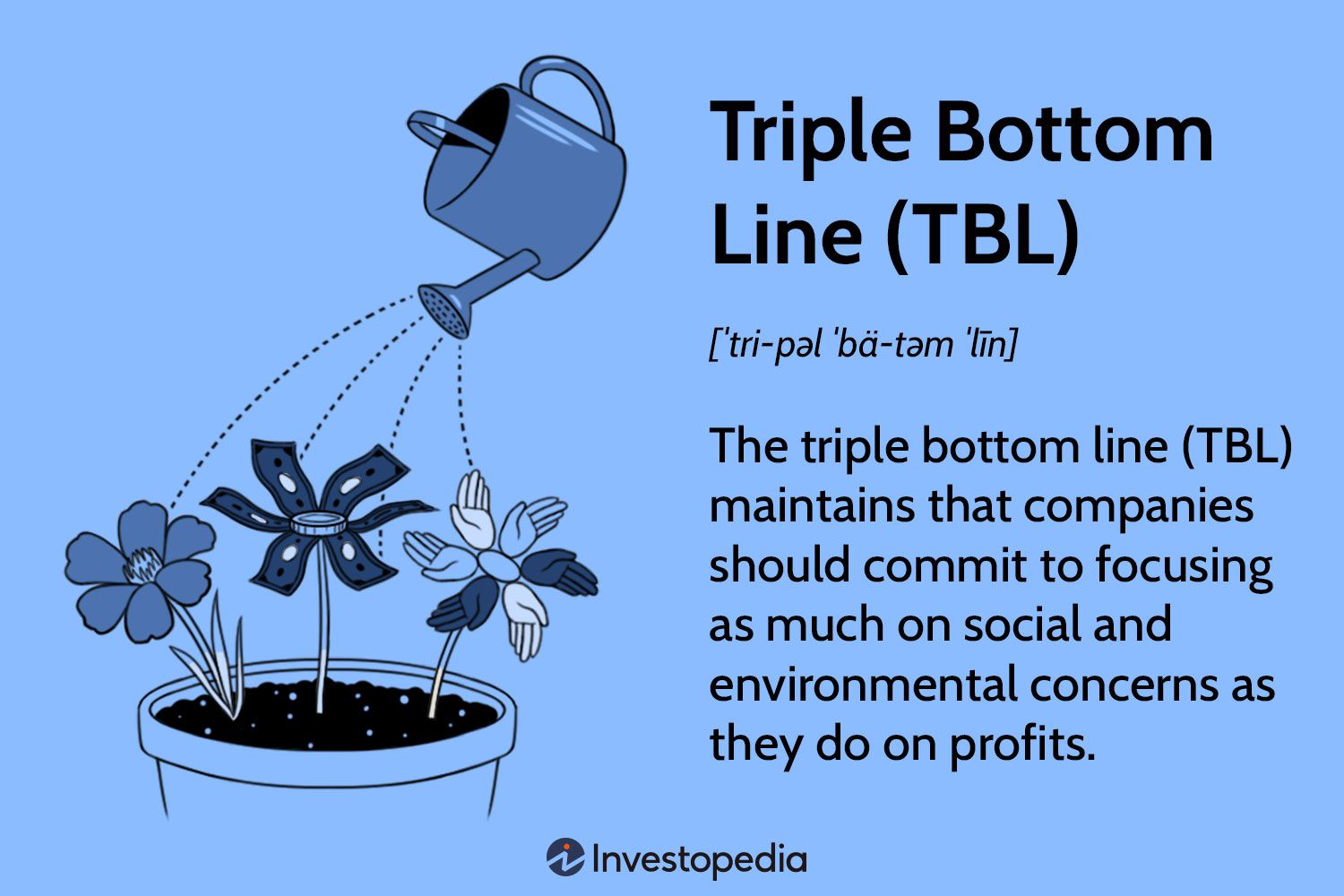Gig Economy Gamble: Protecting Your Freelancers & Business .Navigating the Gig Economy Gamble: Protecting Your Freelancers & Business. Navigating the Gig Economy Gamble: Learn how to protect your freelancers and your business with these expert on-page SEO strategies. Join the league of successful marketers with a decade of experience and conquer the gig economy today.
Gig Economy for Freelancers: The Gig Economy is DEAD?
Your Video is here. Navigating the Gig Economy Gamble: Protecting Your Freelancers & Business
Navigating the Gig Economy Gamble: Protecting Your Freelancers & Business Navigating the Gig
The Gig Economy Gamble: Protecting Your Freelancers and Your Business
Short Description: As the gig economy continues to grow, it is important for businesses to understand how to protect themselves and their freelancers. In this blog post, we will discuss the risks and benefits of the gig economy and provide tips on how to protect both freelancers and your business.
The Rise of the Gig Economy
The gig economy, also known as the freelance or on-demand economy, has been on the rise in recent years. It is a labor market characterized by temporary, flexible, and short-term contract work, where individuals are hired on a project-by-project basis rather than being employees. This trend has been fueled by the growth of technology and the rise of digital platforms that connect freelancers with businesses in need of their services.
With the rise of the gig economy, more and more individuals are choosing to work as freelancers, with estimates predicting that over 50% of the workforce will be freelancing by 2027. This provides greater flexibility and autonomy for workers, but poses risks for both freelancers and businesses.
The Risks and Benefits of the Gig Economy
For businesses, the gig economy presents both opportunities and challenges. On one hand, hiring freelancers can provide access to a diverse pool of talent with specific skills and expertise. It also offers cost savings in terms of benefits and taxes, as freelancers are responsible for their own healthcare and taxes.
However, on the other hand, hiring freelancers also comes with risks. Unlike traditional employees, freelancers do not have the same level of legal protection and can easily walk away from a project. This can leave businesses vulnerable to sudden changes in project timelines and quality of work.
For freelancers, the gig economy offers the freedom to work on their own terms and choose projects that align with their skills and interests. However, it also means a lack of job security and benefits that traditional employees enjoy.
Protecting Your Freelancers
As businesses continue to rely on freelancers for their work, it is important to take steps to protect them. Here are some tips to consider:
* Clearly define the scope of work and expectations in a written contract. This will help ensure that both parties have a clear understanding of the project and deadlines.
* Communicate effectively and regularly with freelancers. This will help build trust and keep freelancers engaged in the project.

* Pay freelancers promptly and fairly. This is not only essential for maintaining good relationships with freelancers, but it also helps avoid any legal issues or disputes.
* Provide feedback and guide freelancers towards improvement. This will not only help improve the quality of their work but also show them that you value their contributions.
Protecting Your Business
To protect your business while hiring freelancers, consider these tips:
* Have a written agreement that outlines the scope of work, deadlines, and payment terms. This will help avoid any misunderstandings and provide legal protection for your business.
* Evaluate freelancers carefully before hiring. Conduct interviews, check references, and review their portfolio to ensure they have the skills and experience needed for the project.
* Consider purchasing liability insurance. This can protect your business from any potential legal issues.
* Communicate expectations clearly and regularly. This will help avoid any miscommunication and ensure that the project is completed to your satisfaction.
Conclusion
The gig economy has its benefits, but it also comes with risks for both freelancers and businesses. By understanding these risks and taking necessary precautions, businesses can protect both their freelancers and their own interests. Open communication, written contracts, and fair treatment of freelancers are key to building successful and sustainable working relationships in the gig economy.
FAQs
Is the gig economy a good or bad thing?
Yes, the gig economy has its pros and cons. It provides greater flexibility and autonomy for workers, but also poses risks for both freelancers and businesses.
How can businesses protect themselves when hiring freelancers?
Businesses can protect themselves by having written contracts, evaluating freelancers carefully, and communicating expectations clearly.
What are some ways to protect freelancers in the gig economy?
Freelancers can be protected by having clear contracts, open communication, and fair treatment by businesses.
What is the predicted percentage of freelancers in the workforce by 2027?
It is predicted that over 50% of the workforce will be freelancing by 2027.
